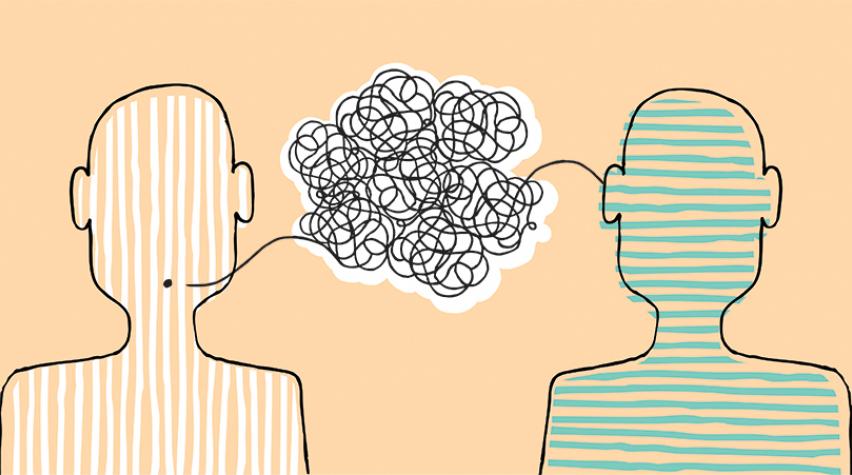
Confronting or being confronted by a coworker, friend, relative, acquaintance, etc. about an issue or point of contention is undeniably difficult. Emotions muddy our thinking, making us react on instinct rather than on reason. The result is often an unproductive conversation that puts your reputation as well as the relationship at risk. You might be able to take these risks in your personal life, but few of us can at work.
At the 2017 AIChE Spring Meeting in San Antonio, Jillian Morenz of Apogee Training offered guidance for these tough situations. She calls these difficult moments critical conversations and defines them as situations where the stakes are high, opinions differ, and strong emotions are present.
I will admit that I have had crucial conversations I wished had gone better, but afterward, I was at a loss for how I could have done better. Typically, I blamed the other side for their unreasonable behavior, but I overlooked my power to steer the conversation onto a more productive path. Here are some of my takeaways from Jillian’s presentation I will be using in future critical conversations:
When I’m playing the victim, villainizing the other person, or acting helpless I’ll ask myself:
- “What am I pretending not to notice about my role in the problem?”
- “Why would a reasonable, decent person do this?”
- “What can I do to move toward my goals?”
When communication is breaking down I’ll say:
- “I notice you said…”
- “It seems to me…”
- “How do you see it?”
- “Help me understand…”
- “Do you see it differently?”
If the other person misunderstand me or thinks I’ve been disrespectful, I’ll state:
- “I don’t think/mean/want you to think…”
- “I do think/mean/want you to think…”
When it feels like the conversation is going in circles, I’ll find a mutual purpose, seek understanding, invent a mutual purpose, or brainstorm new strategies by saying:
- “Can we look for something we both agree on?”
- “Why do you want … because this is why I want …?”
- “If you get … and I get … will we both be happy?”
- “What ideas do you have?” “I was thinking it may help if…”
If the other person is getting silent, I’ll break the silence by asking questions, recognizing their emotions, paraphrasing what they have said, or encouraging them to speak up by saying:
- “I want to know what you think about…”
- “You seem to reluctant. Are you sure you’re okay with…?” or “Wow, you seem really upset. What’s up?”
- “So you’re saying…”
- “Do you think that…?”
When the conversation is wrapping up, I will ensure it ends productively by assigning action items, setting deadlines, and following up.


